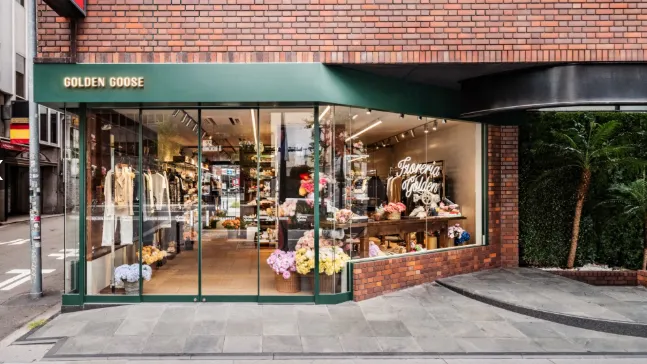Cybersecurity remains a crucial concern for retailers
It is important for companies to make cybersecurity a priority when applying the Internet of Things into their digital transformation strategies, such as customer experience or smart retail, said research and consulting company Frost & Sullivan.
Companies lose more than US$300 billion annually due to poor customer experience, making it a top priority for organisations globally, according to the latest analysis by Frost & Sullivan.
The Internet of Things (IoT)* has the potential to enhance an organisation’s ability to understand the customer journey. This could mean proactively engaging with them, resolving their issues more efficiently, delivering better value and enhancing the customer satisfaction overall.
A key value proposition of IoT is its ability to ‘sensorise’ an environment, leading to digitisation of the physical world and quantifying human actions. An example would include getting better understanding of customer behaviours.
Although the omni-channel strategy covers all touchpoints and channels for effective customer experience, many companies are not able to meet customer expectations due to the siloed approach, said Frost & Sullivan. The research and consulting company added that IoT enables the convergence of customer journeys across both physical and digital environments, including mobile, Web, social, self-service and even video, making it easier for organisations to continually deliver personalised, predictive, and productive experiences to their customers.
“IoT enables organisations to collect vast amount of customer data in real time, and leverage analytics to drive valuable insights for targeted engagement, proactive services, improving loyalty and trust. This helps them to determine the intention and subconscious state of a customer’s mind,” noted Sapana Maheira, analyst, Digital Transformation, AsiaPacific, Frost & Sullivan.
IoT-enabled smart retail
Moving on to retail in the Asia-Pacific region, the expectations of today’s customers are said to be rising. Conditioned by excellent online experiences — which offer immediate and personalised service — customers can now have similar expectations for their in-store retail experience.
To meet these changing customer needs, physical retailers must do more. Instead of just adding e-commerce storefronts, they need to also focus on incorporating the digital experience into the physical store, said Frost & Sullivan.
According to the company, the digitisation of the retail store begins with understanding the customer journey (digital awareness) during the visit to generate vital data regarding behaviour in-store and product interaction. This data helps retailers better understand their customers, and allows for data-enabled decisions to be made, such as improving visual merchandising or optimising manpower.
Retailers should then progress to digital immersion, which allows the store to provide personalised and contextual advice matched by an interactive experience that will influence customer’s buying behaviour.
“Developing smart retail is a journey. Retailers can start with designing a roadmap to formulate a strategy from digital awareness to digital immersion as they evolve from understanding their customers to better engagement with them for customer loyalty and advocacy,” said Kenny Yeo, senior industry analyst, Digital Transformation, Asia-Pacific, Frost & Sullivan.
Cyber security remains vital
As organisations look into the applications of IoT into their digital transformation strategies, such as customer experience or smart retail, it is imperative that cybersecurity becomes paramount in ensuring that these initiatives are built on a secure foundation.
Hence, Frost & Sullivan maintained, it is essential that organisations recognise and address the two main issues facing cybersecurity today, namely, the lack of security by design for the IoT, and the lack of skilled cybersecurity professionals to meet market demands.
“Without recognising the need to invest in security and having the right technology, processes and people in place, organisations will not have a secure foundation to thrive in their digital initiatives,” noted Charles Lim, industry principal of Frost & Sullivan’s Cyber Security Practice.



















 Advertise
Advertise






